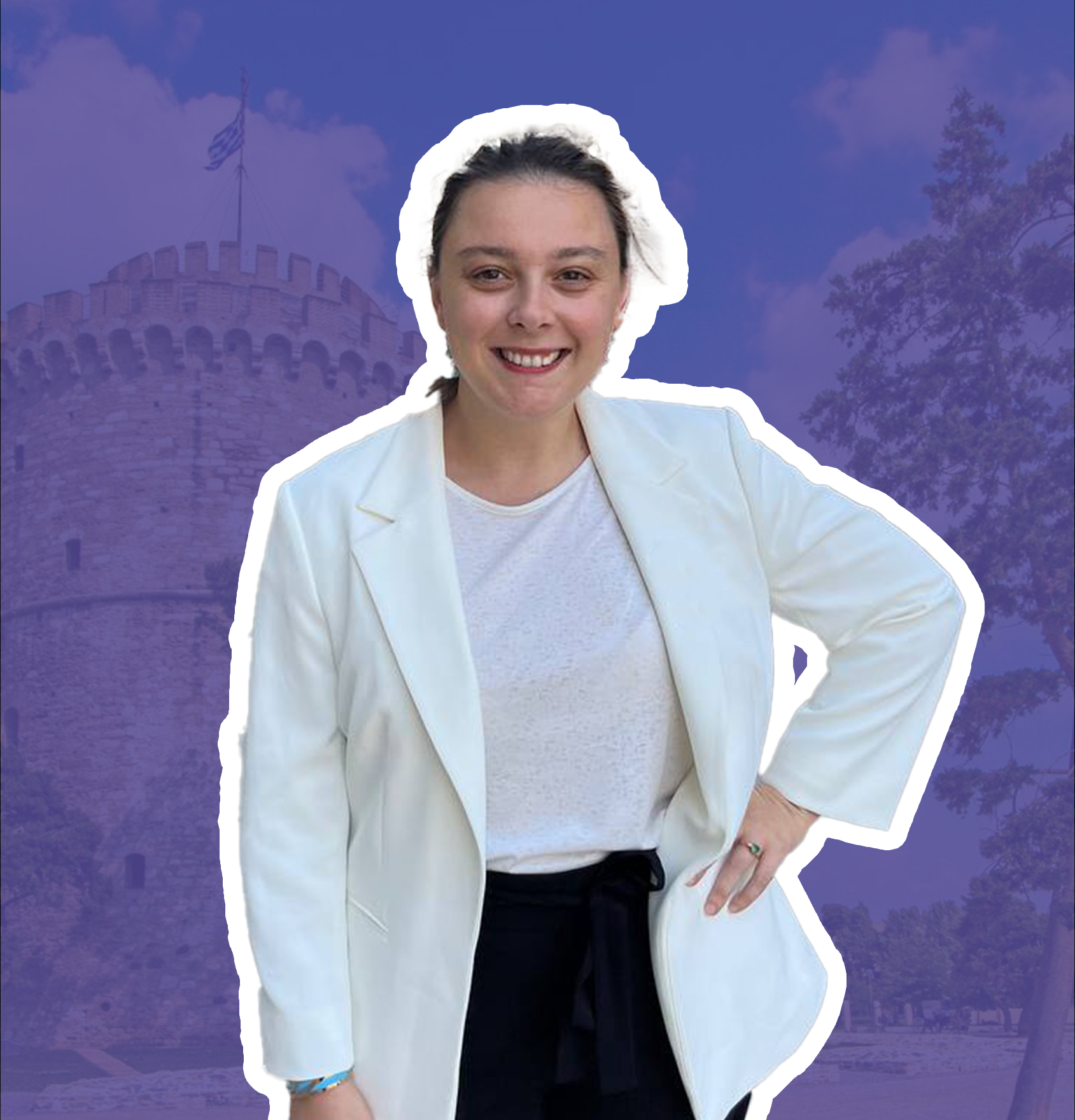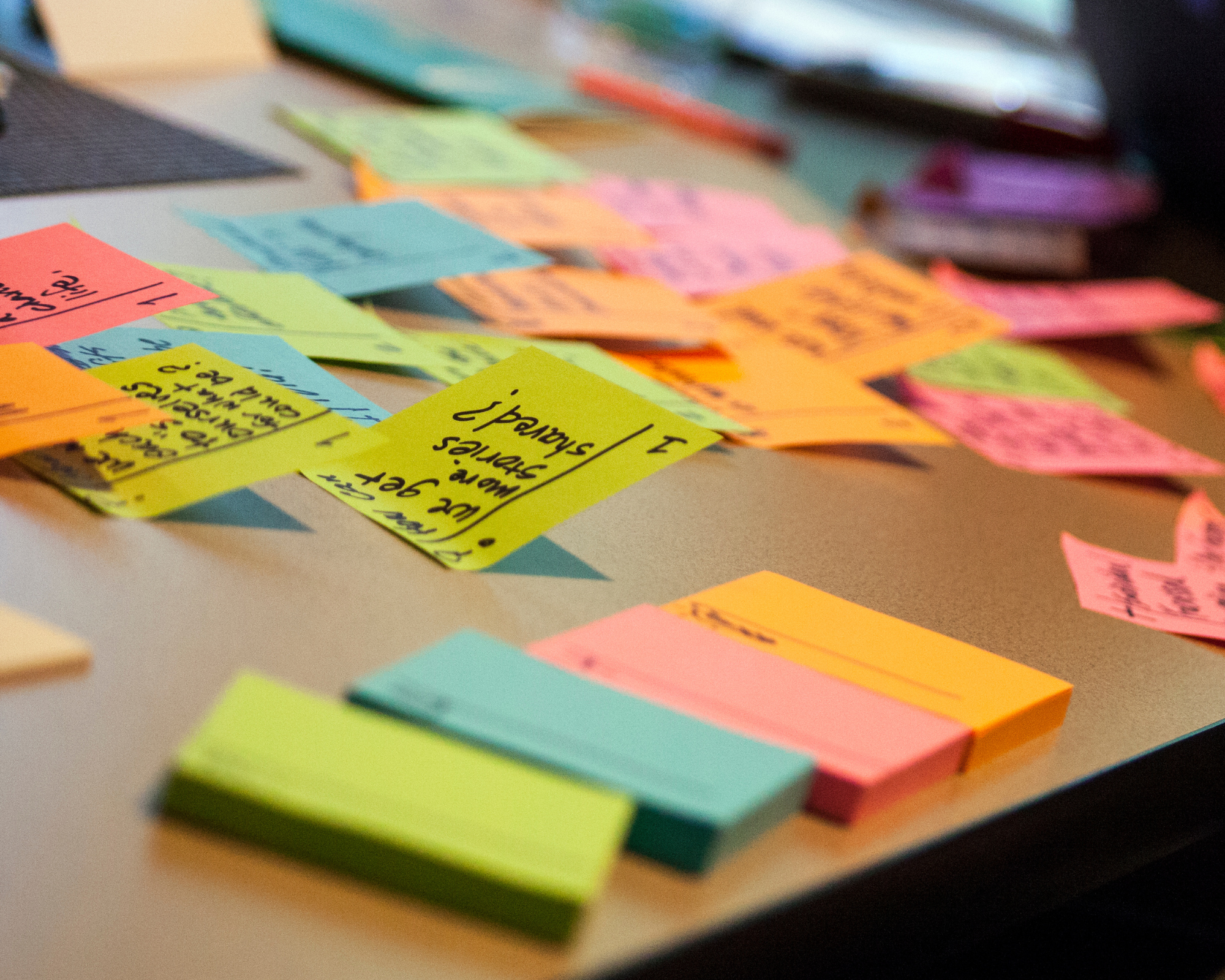Officially launched last week, our new Erasmus+ project nZEBRA (Intensive blended course in Climate Neutral Buildings to address nZEB regulation and complex behavior of buildings) project will develop a new educational course focused on Climate Neutral Buildings.

Challenges in the energy building sector
The building sector is reported to account for 36% of global energy consumption and 37% of energy-related CO2 emissions. More than 33% of all waste generated in the EU comes from construction and demolition waste, with only 1/3 of construction waste being fit for reuse.
Sustainable solutions in the building life cycle – including design, construction, exploitation, and maintenance – have been considered to achieve “healthier environmental performances,” reducing energy use by 42%, greenhouse-gas emissions by 35%, extracted materials by 50%, and water consumption and generated wastes by 30%.
The European Directive mandates nearly Zero Energy Buildings (nZEB) for all new buildings from 2021. To meet this requirement, educational programmes in architecture, civil engineering, and energy engineering must address sustainability throughout the lifecycle. While some EU universities offer programmes in sustainable building practices, there is a need to expand, internationalise, and create multidisciplinary curricula.
What is nZEBRA bringing to the table?
To tackle these challenges, nZEBRA is developing a new educational course focused on Climate Neutral Buildings in the form of micro-credentials. The course covers critical topics such as nearly Zero Energy Buildings (nZEB), circular economy in construction, climate change adaptation, building-integrated renewable energy systems, smart buildings, and environmental social governance strategies.

nZEBRA partners at the kickoff meeting in Halmstad in November 2023
It is designed to be interdisciplinary, aiming to prepare current and future professionals in architecture, civil engineering, and energy engineering for sustainable building solutions. The goal is to align with global and EU requirements and enhance the skills of higher education institution (HEI) students.
Why is this important? It addresses the current and future demand for qualified professionals in designing and maintaining these climate neutral buildings.
In this project, Three o’clock is managing the communication and dissemination activities, making sure the course is widely promoted and ensuring its uptake. Our goal is to develop the project’s visual identity, website, and dissemination materials. We plan to engage with the nZEBRA community, including industry experts, educators, and students, through online and offline activities: webinars, insightful articles, press releases, newsletters, and social media.
Our focus will be to:
- raise awareness about pressing topics like climate change, smart buildings, sustainability, and energy efficiency.
- inform the community about the nZEBRA educational course and boost student enrollment.
- foster collaboration with other similar initiatives that have common goals, such as Horizon Europe and Erasmus+ projects.
We will also design a comprehensive survey among our partners and beyond to understand and analyse the current and future educational needs of students and experts in this sector.

Follow the nZEBRA project and progress on LinkedIn 👉 here
About nZEBRA
Funded by the EU’s Erasmus+ programme with a total budget of €400,000
Partners: 3 universities and 2 SMEs
- Hogskolan I Halmstad (Coordinator)
- Technische Universitat Hamburg
- Lunds Universitet
- Three O’clock
- Hep – Esco Doo Za Vodenje I Financiranje Projekata Energetske Ucinkovitosti
- Albert-Ludwigs-Universitaet Freiburg




